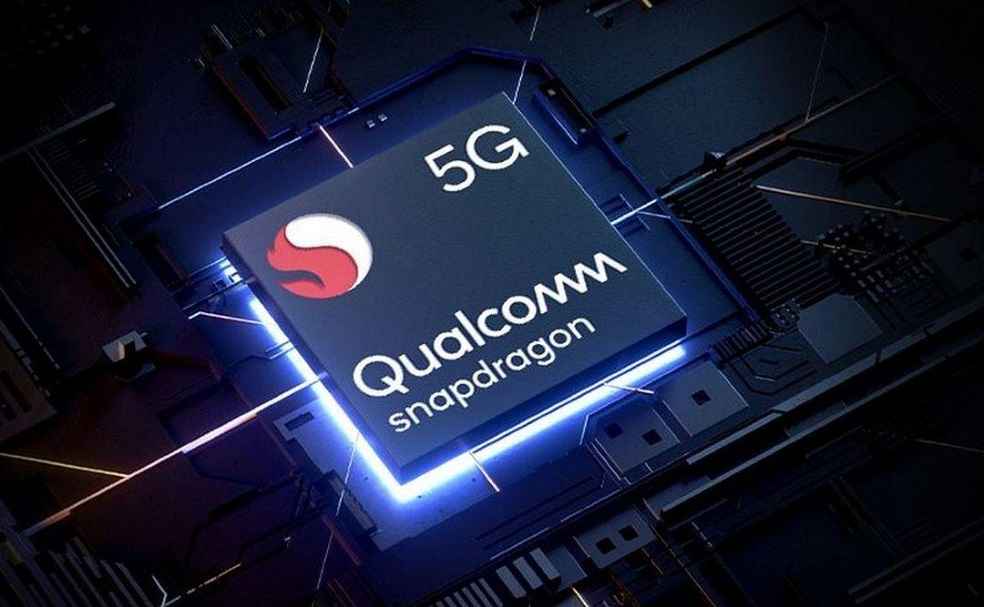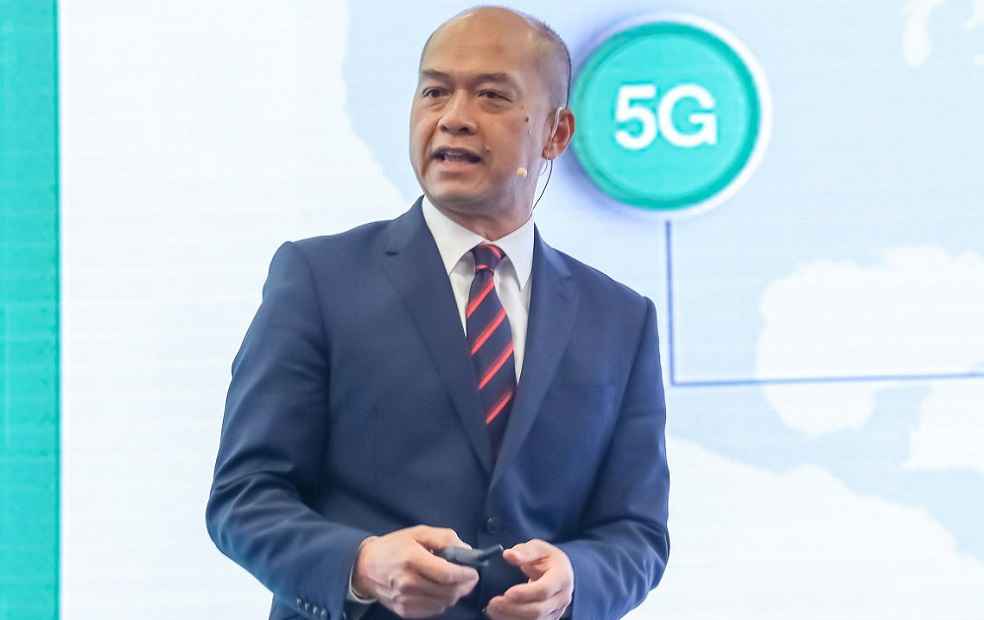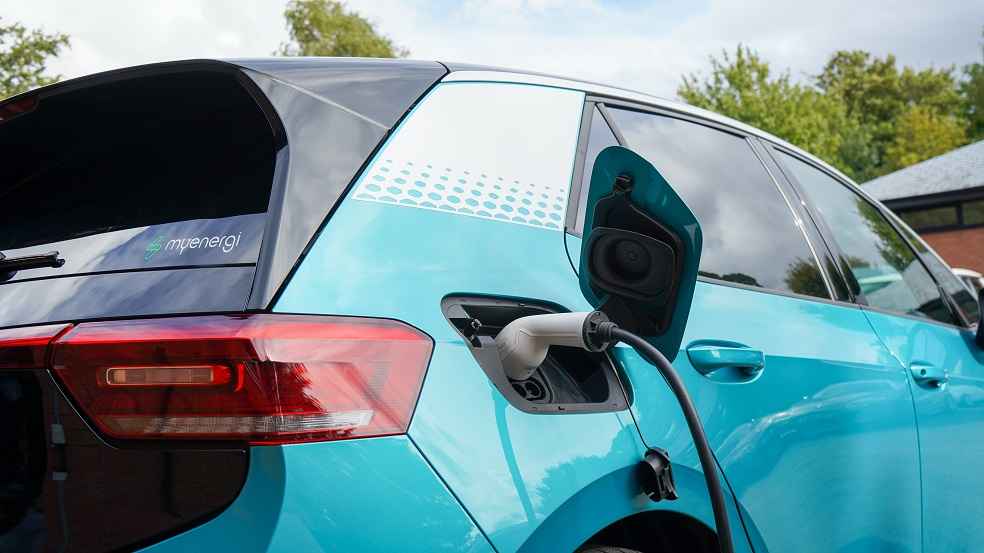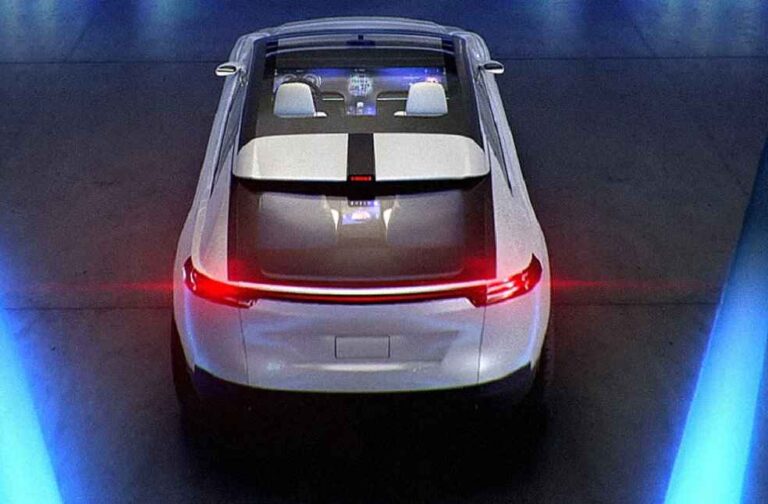Following its success in mobile devices, the tech giant is venturing beyond the familiar terrain into the automotive sector, Internet of Things (IoT), and hybrid AI. The company’s Southeast Asia, Australia, and New Zealand President, ST Liew, asserts that Qualcomm seeks to enable “intelligent computing everywhere beyond smartphones and mobile devices.”
According to Qualcomm, the future of AI must be hybrid, dividing AI workloads between cloud and devices rather than relying on cloud processing alone. Hybrid AI could help generative AI developers and service providers capitalize on the computing capabilities in edge devices, which promises to reduce costs significantly.

“Hybrid AI architecture offers benefits in cost, energy, performance, privacy, security, and personalisation at a global scale,” stated Mr Liew, Vice President of Qualcomm, also hinting at the company’s potential expansion into the EV market. “We see an electric vehicle as a device on the edge,” he added.
Through its Snapdragon Digital Chassis platform, Qualcomm seeks to enhance smart ride driver assistance, promote connectivity from car to cloud, and optimize cockpit experiences. This platform offers automakers the opportunity to provide connected, intelligent, and safer experiences, packed with innovative technology features and digital services.
The tech company’s move towards personalized experiences, like supporting driver biometrics to adjust car seat customisation, entertainment screens, and facilitating payment transactions, opens up new revenue streams for carmakers.

Qualcomm’s financial results for the first quarter of fiscal 2023, covering October to December 2022, report a promising 58% year-on-year rise in its automotive business revenue, reaching US$456 million. By 2030, the company expects the total addressable automotive market to reach $100 billion.
Moreover, Qualcomm is bullish on the IoT systems market, particularly in Southeast Asia, with its comprehensive Aware IoT platform that amalgamates its chips, expansive ecosystem, and tools to modernize industries digitally.

“The factory of the future needs to be more agile, efficient, and adaptable, supporting the change of factory lines and preventive maintenance,” said Mr Liew, confirming the company’s intent to collaborate with more local partners to build the ecosystem.
Even as Qualcomm expands into these new sectors, the company remains optimistic about its traditional domain—the 5G wireless broadband technology market. Forecasts from the International Data Corporation suggest that 5G will represent 62% of all smartphones shipped worldwide in 2023, rising to a significant 83% by 2027. This underscores the sustained growth and prominence of Qualcomm’s foundational market, even as it ambitiously expands into new territories.
OBSERVATION: By 2023, the auto sector will surmount these revolutions





